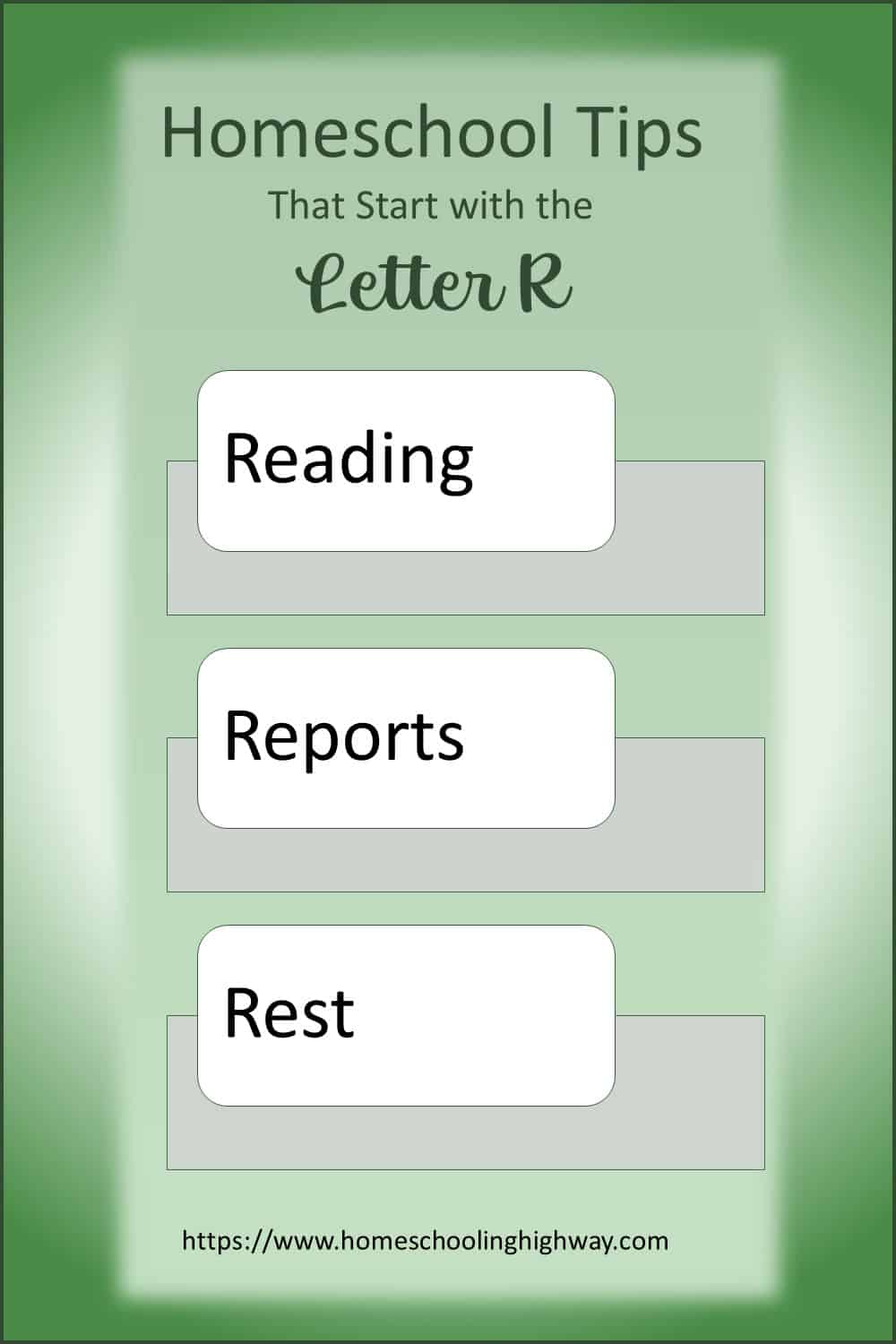
Hi Friend,
Welcome back to our Homeschool Tips from A to Z series. As you can see, this week we are discussing the homeschool tips that start with R.
Homeschooling Tip #1: Reading
My son really struggled with learning to read. I did so much research on reading curriculums and how to teach a child to read, that I thought I was prepared when I actually started to teach him.
But as he got a little older, and the methods I was using was just not working, I started reading about phonemic awareness. As I was studying this, I realized I should have been including these types of exercises into his phonics lessons as well.
For this post, I’m not going to go into specific phonics lessons and how to form words and read, I’ll just concentrate on phonemic awareness.
Phonemic Awareness
So what is phonemic awareness, you might ask?
Simple. It’s being aware of phonemes. (I know, this answer sounds like something maybe your child would say. Mine would too. Sorry, I couldn’t help myself.)
O.K. the dictionary gives this definition for a phoneme.
- any of the perceptually distinct units of sound in a specified language that distinguish one word from another, for example p, b, d, and t in the English words pad, pat, bad, and bat.
That definition sounds a lot like phonics lessons doesn’t it?
Then how comes my son wasn’t able to read without a lot of frustration? I mean we did our phonics lessons. A says a as in apple. B says buh as in bat. etc.
He got all that. But there is more to it. For some kids they may need a little bit more practice “playing around” with phonics.
Phonemic Awareness Activities
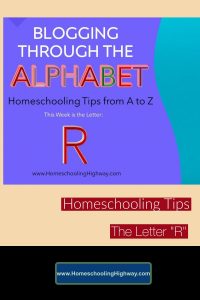
In my own frustration, I ordered a very expensive reading curriculum that it’s sole purpose was on phonemic awareness.
The point was not to memorize the letters and sounds, and then say the key word that was attached to the letter.
It relied heavily on listening and then the child having to think to give the appropriate answer.
Phonemic awareness covers topics such as: rhyming, alliteration, and syllables.
Phonemic Awareness Activities for Rhyming
For rhyming practice, I would say two words and my son had to say yes or no, depending on if they rhymed or not.
This was too difficult for him at times, so I had to make it easier.
Next, I said as many words as I could think of that rhymed. Some of them were made up words, but it didn’t matter. I had to say the list in a way to stress the endings of the word.
The last word in the list was the word that either rhymed or didn’t.
This did seem to help. So I started changing things around. Sometimes I would put a non-rhyming word in the middle or the front of the list. Other times, I would just use a few words that rhymed together.
Over time, with lots of practice he finally started hearing it.
Then came the real test for him. He had to think of his own word that rhymed. This was a whole other can of worms.
At this point, it didn’t matter to me if the word he said was real or not, just as long as it rhymed. He eventually got the hang of this too.
Sometimes it takes a lot of patience over an extended period of time. You don’t do these kinds of exercises for more than a couple of minutes. It gets too frustrating.
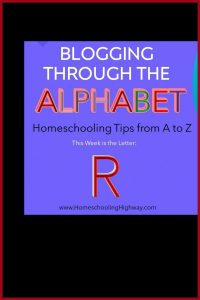
Along with listening activities, you want to try to include hands-on activities that do not require the child to read words.
One way to do this is to use picture cards. Simple pictures, one on each card, can help you play a game of memory. Turn two cards over, look at the pictures, say them out loud and say if the two words rhyme. If so, you can keep the pair of picture cards.
Phonemic Awareness Activities for Alliteration
Alliteration is the term used when two or more words start with the same letter.
For this kind of practice, we started out with just saying two words, and then my son would say yes they started with the same letter or no, they did not.
To make it very easy we started with two words, with beginning sounds that were not similar at all, like “good and zebra”. I noticed that he got confused a little bit if the first word ended with the same letter that the second word started with, like “gas and seed”.
Sometimes it would help to have him repeat after me with a whole string of words that began with the same letter.
We would do it like, guh – gas, guh-get, guh-guess, guh-gab, etc.
Eventually, we moved to me saying a whole string of words, with only one in the mix that did not have the same starting letter. He had to identify that word that didn’t belong and then say the word.
I also had him repeat tongue twisters after me, very slowly. Such as, I saw Suzie sitting in a shoe shine shop. Now for this tongue twister, I wouldn’t do the whole sentence. Notice how “shoe-shine shop” all start with “sh”. That’s a completely different sound than just plain “s”. So, I would only say, I saw Suzie sitting. You can always add more words yourself. I saw sad Suzie sitting secretly in sand.
It takes a while, but eventually you practice with words that end with the same letter, and then you can move onto blended letters like st, sh, bl, tw, etc.
The more confident your child gets, and the more vocabulary words they know, eventually they’ll be able to come up with their own words that start with a single letter or blend of your choice. I would ask something like this: Tell me a word that starts with the same letter as busted bubble.
Phonemic Awareness Activities for Sentence Segmenting
Sentence segmenting is basically determining how many words are in a sentence. This teaches the child that a word has a beginning and an end.
In their minds they have to listen carefully and figure out where the beginning and ending sounds are. That way they can count the correct number of words.
We started, of course, with short sentences and the words were very different. “The cat played.”
The best thing you can do to help your child with this is to read, read, read. The more you read, the more vocabulary they will learn, and eventually they’ll put it together that a new word is an individual word, not connected with something else.
As you read slowly to your child, you can also point to the words. Have him count each of the words while you read. In this way, they are hearing each word individualized, and seeing it separated by space on each side.
Phonemic Awareness Activities for Syllable
For syllable practice, we counted them. Counting syllables is very common and a good practice to learn, especially when you start spelling words.
We also did exercises with compound words. For example, I would say, “Take the word cup away in teacup, what do you have left?” The answer is tea.
Believe it or not, this took some practice too. I’m not sure if it was a memory issue, or a concentration issue, but he eventually got it.
I know this seems overwhelming, at least it does for me, but I have to say… my son is now 21. He is an excellent reader. He preaches in our church and reads the Bible well, out loud! Sometimes, he even reads really fast.
One day it just clicked, and that was it. It was probably late middle school, but it finally happened.
Just keep plodding along. Reward your child for every correct answer, encourage them over and over when things are frustrating, and if you need to get a reading specialist to help you, then do that too.
Phonics Curriculums
If you have a preschool age child and are interested in beginning with some fun activities to get started with the ABC’s, I would recommend Ready for Reading. I was privileged to be able to do a review of this curriculum. Ready for Reading Review.
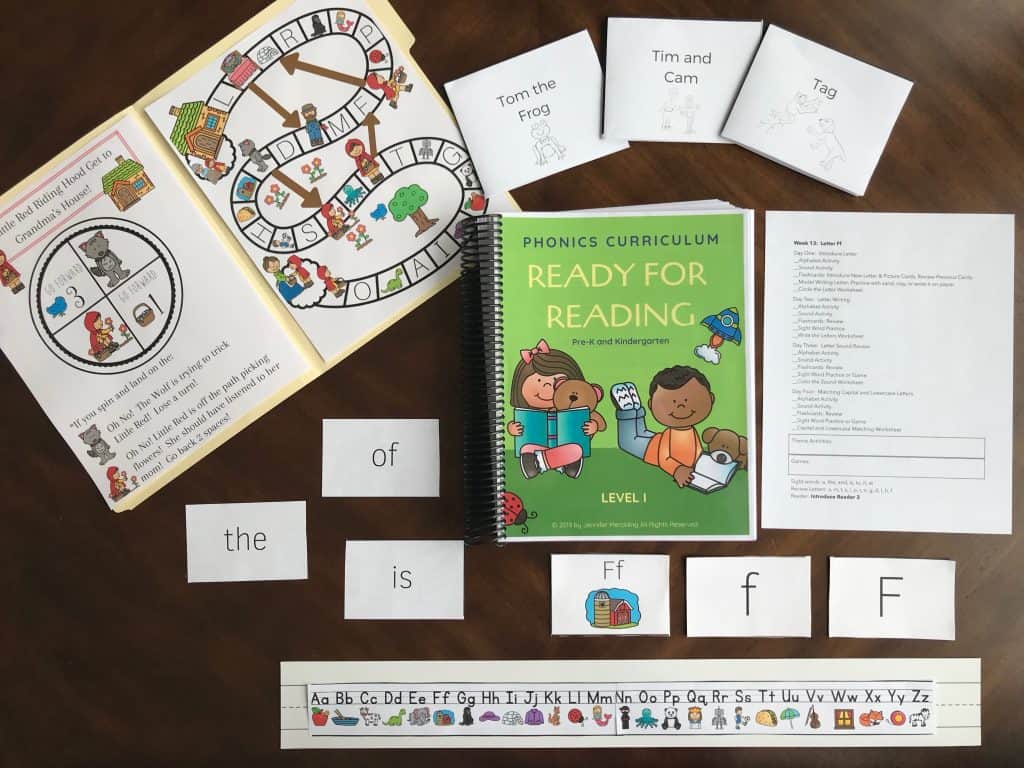
SchoolhouseTeachers.com also has some really good phonics classes and courses for little people.
- ABC: What Will I Be?
- All About the Alphabet
- Teaching Reading Through Play
- ABC With Me
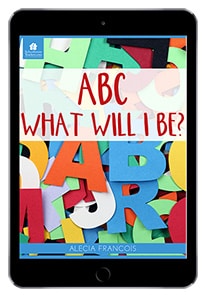
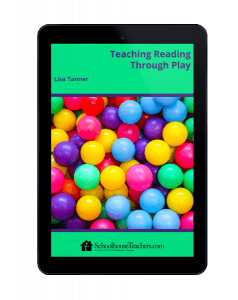
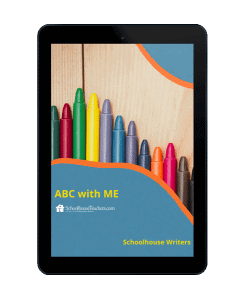
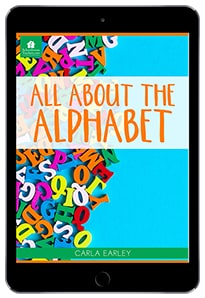
Digital Book Library and Curriculum: LightSail for Homeschoolers
Being part of the Homeschool Review Crew, my daughter and I had the chance to use and review LightSail for Homeschoolers. This online Language Arts Curriculum contains thousands and thousands of books, audiobooks, and more to get your child reading more and to advance in their reading levels.
To read my detailed review just click: LightSail for Homeschoolers Curriculum Review.
Homeschooling Tips #2: Reports
Book reports and research reports are the two most common types of reports for kids to write. For the post today, we’ll discuss book reports.
There are three different types of book reports that you can have your kids practice writing.
Plot Summary Book Report
Themed Book Report
Character Analysis Book Report
Plot Summary Book Report
A plot summary book report does NOT retell the story. Retelling the story is so easy for kids to do for a book report, but that is not what you want.
A plot summary book report actually lets the reader explain how the book makes them feel, based on the plot.
Did the story line keep you up till two o’clock in the morning, because you just had to read “one more” page?
Were you scared to death and couldn’t finish the book?
While you were reading, did you cry, get mad, or feel happy?
These kinds of feelings help you analyze a book for this type of book report.
Themed Book Report
A themed book report is based on something that the author wants to make a point about.
For example, I just did a book review of Esther and the Very Brave Plan. The author wrote the book in order to teach little kids that God is in control of everything, even when things around us are horrible.
This theme is what the author kept bringing to my attention while I read this book. Of course, he did it in a more creative way, than I just did, but you get the point.
So, for a themed book report you will want your child to explain the theme clearly, and then give an example or two from the story to back up the theme.
Your child should also say how the theme impacted them as the reader. Did the author do a good job of getting his point across? Why or why not?
Character Analysis Book Report
A character analysis book report lets your child write about some of the main characters in the story.
They can describe the character’s personality, likes and dislikes, character flaws, occupation, mannerisms, etc.
Your child should then give examples of how this character influenced the storyline.
In addition, they could write which characters were their favorites and why.
Homeschooling Tip #3: Rest
Getting enough rest is so important. This goes for parents and children.
Don’t you just feel better when you get a good night of sleep? I know I do.
According to WebMD, children between the ages of 3-12 need ten to twelve hours of sleep in a day. Children between the ages of 12-18 need eight to nine hours per day.
Well, I guess that’s it for the letter R this week.
If you missed any of last weeks “Q” posts, just click on the link below that you missed.
Q is for Quit: Lego ABC’s from Desiree at Our Homeschool Notebook
Q is for Qwirkle from Desiree at Our Homeschool Notebook
Q is for Quintessentially Homeschool from Chareen at Every Bed of Roses
Q is for Quilter: Composer ABC’s from Lori at At Home: Where Life Happens
If you would like to read more Homeschooling Tips from A to Z, just click on the alphabet letter below.
Homeschool Tips – A
Homeschool Tips – B
Homeschool Tips – C
Homeschool Tips – D
Homeschool Tips – E
Homeschool Tips – F
Homeschool Tips – G
Homeschool Tips – H
Homeschool Tips – I
Homeschool Tips – J
Homeschool Tips – K
Homeschool Tips – L
Homeschool Tips – M

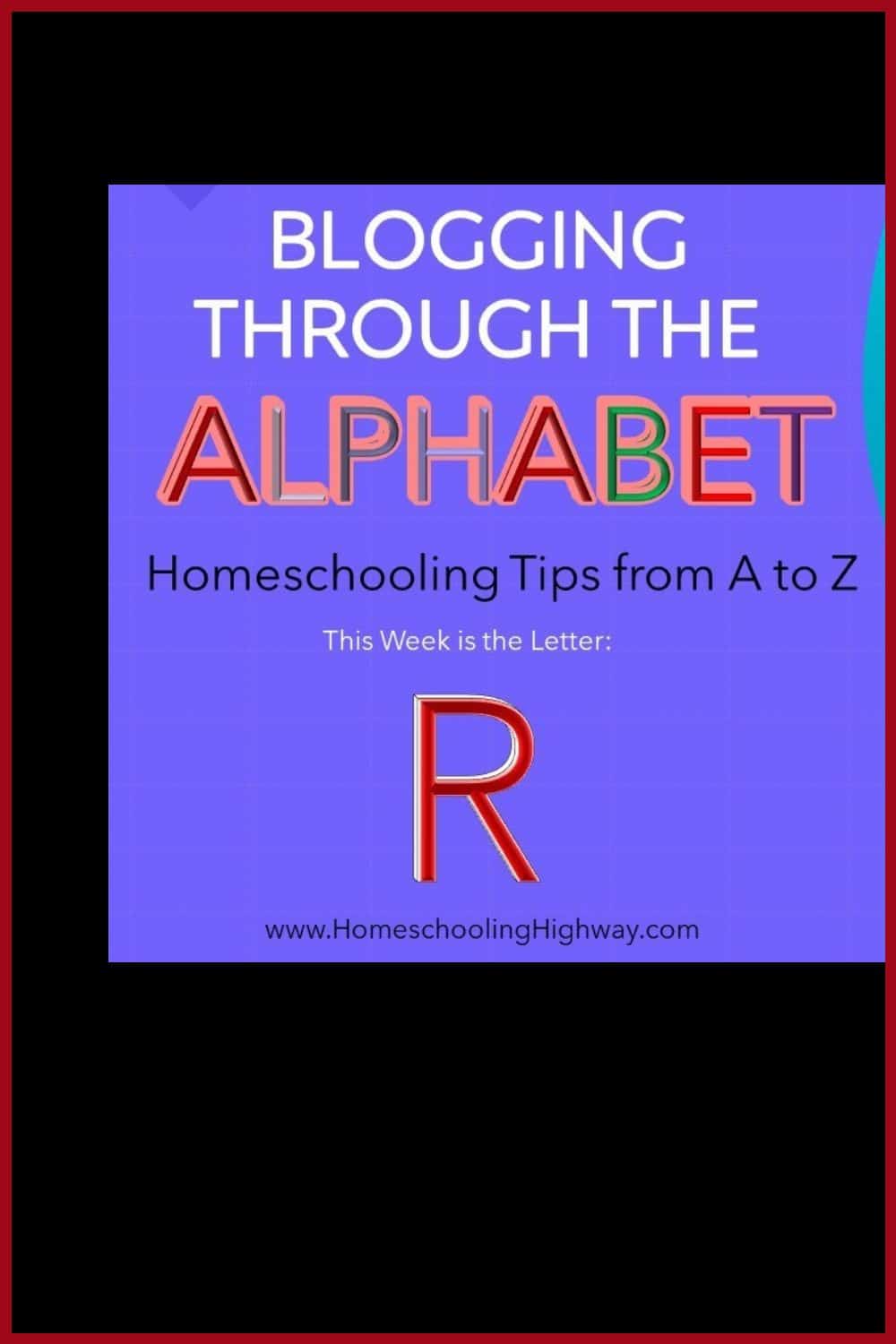
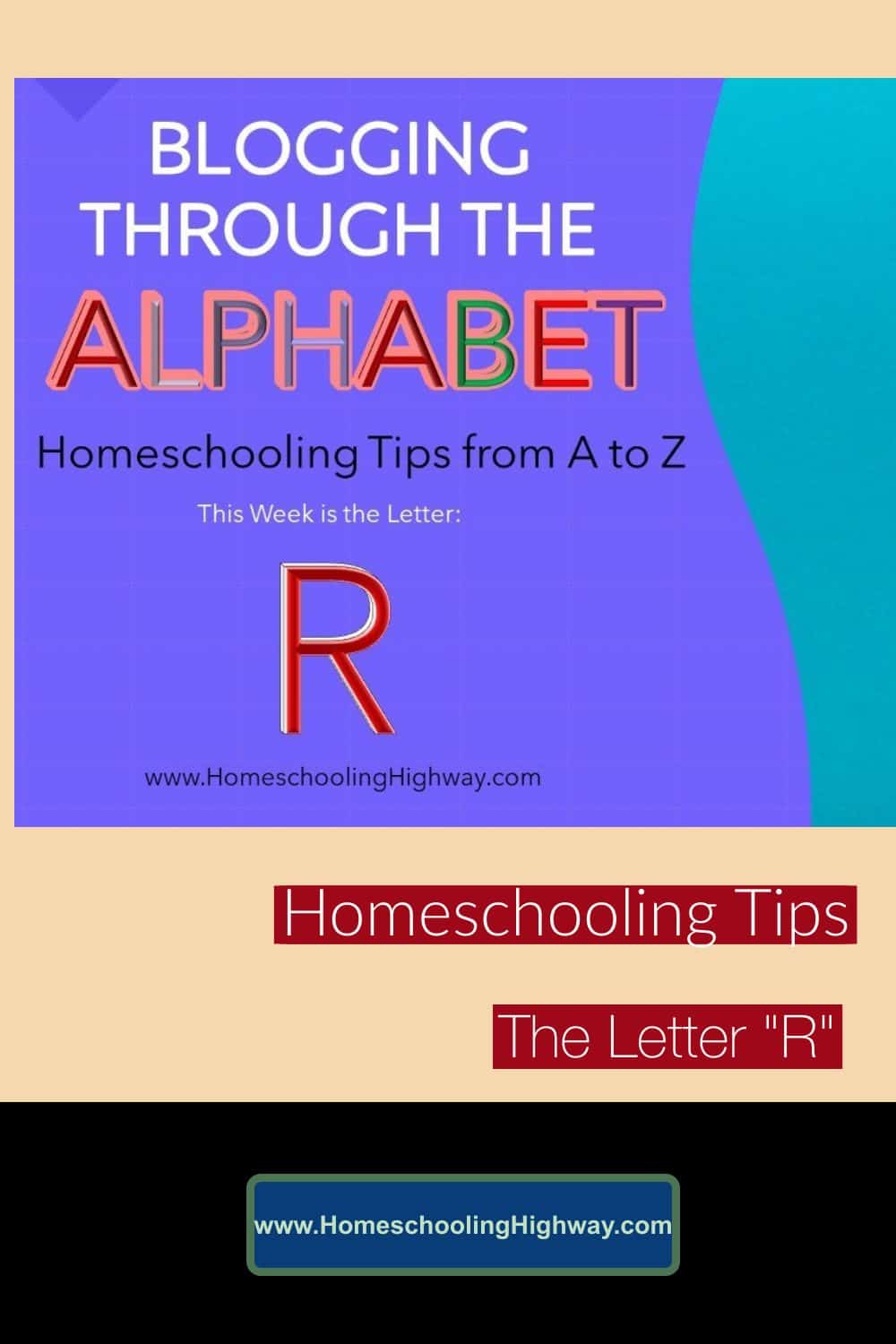
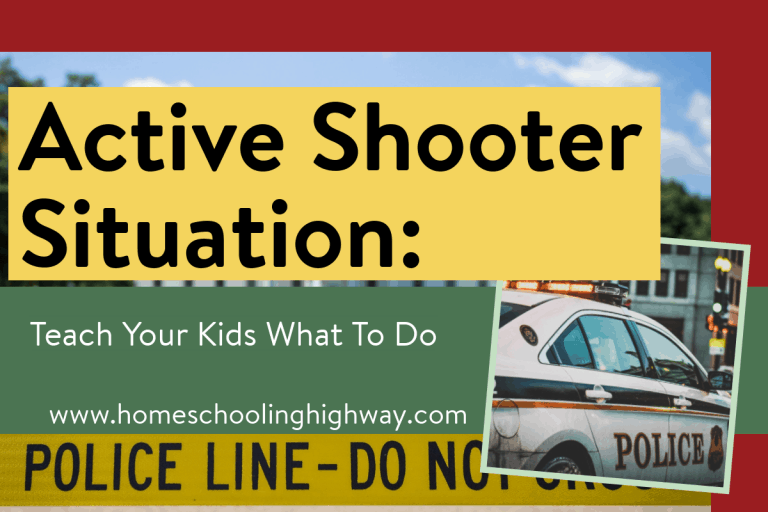
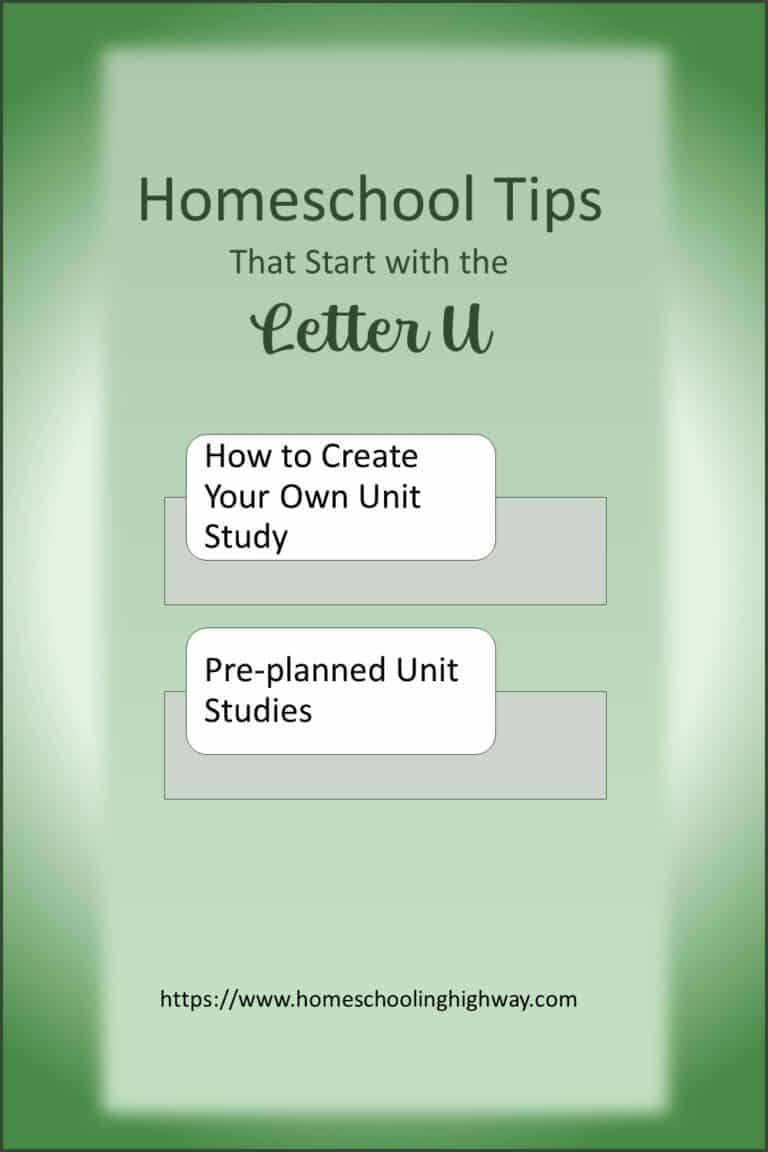
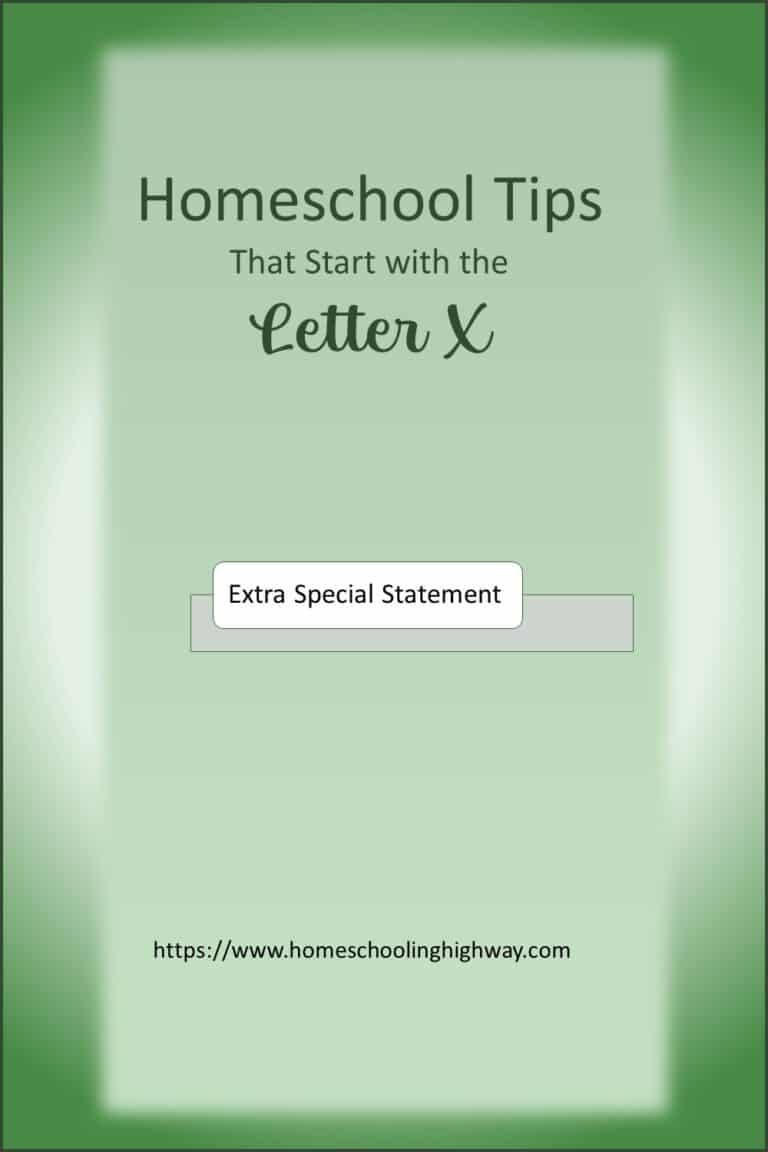
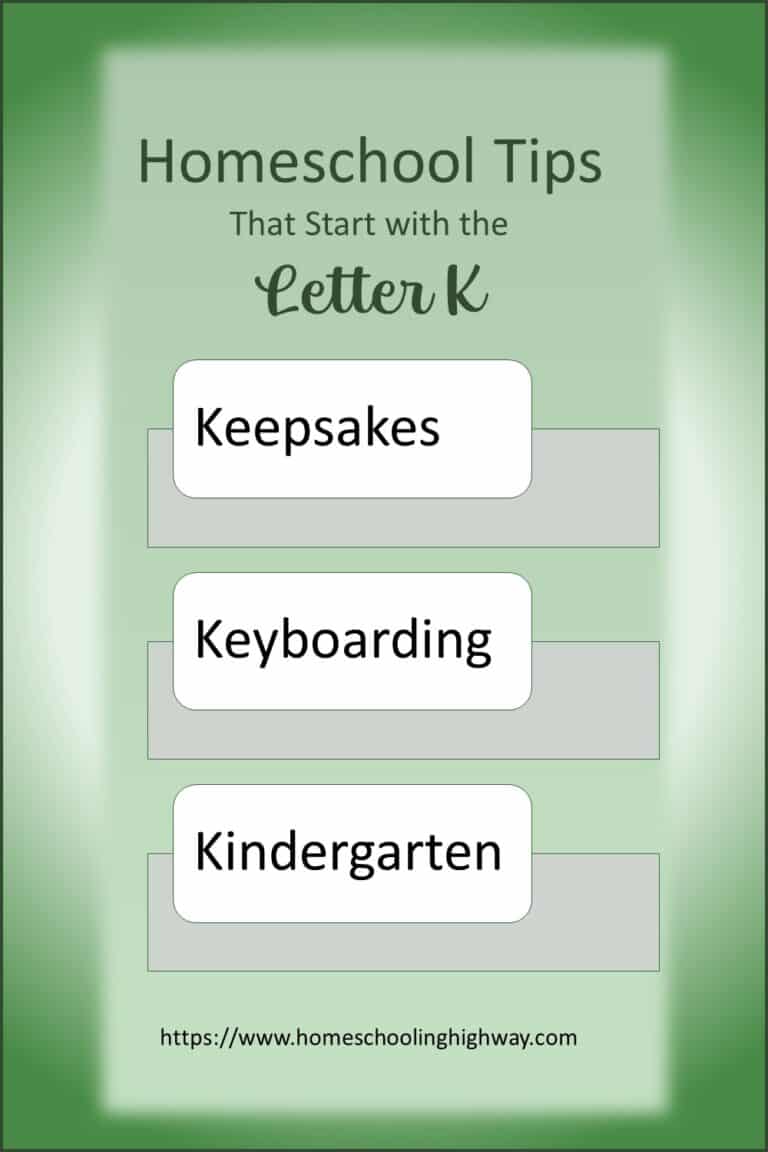
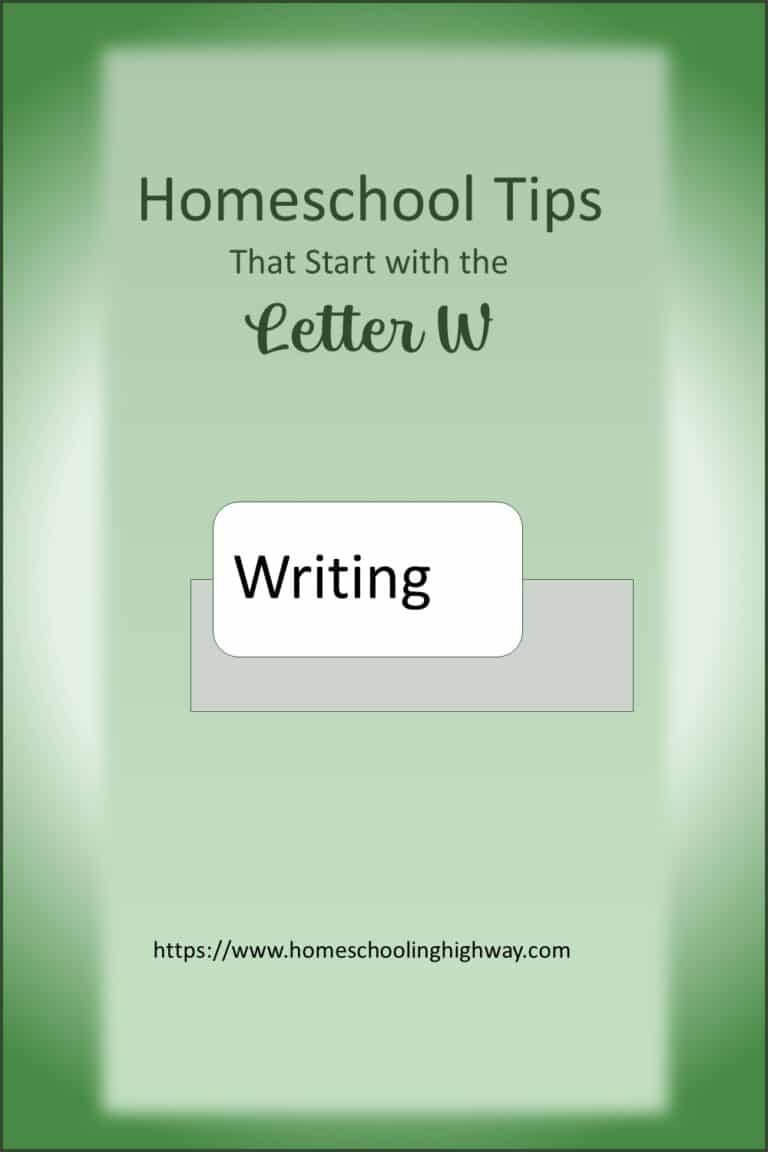
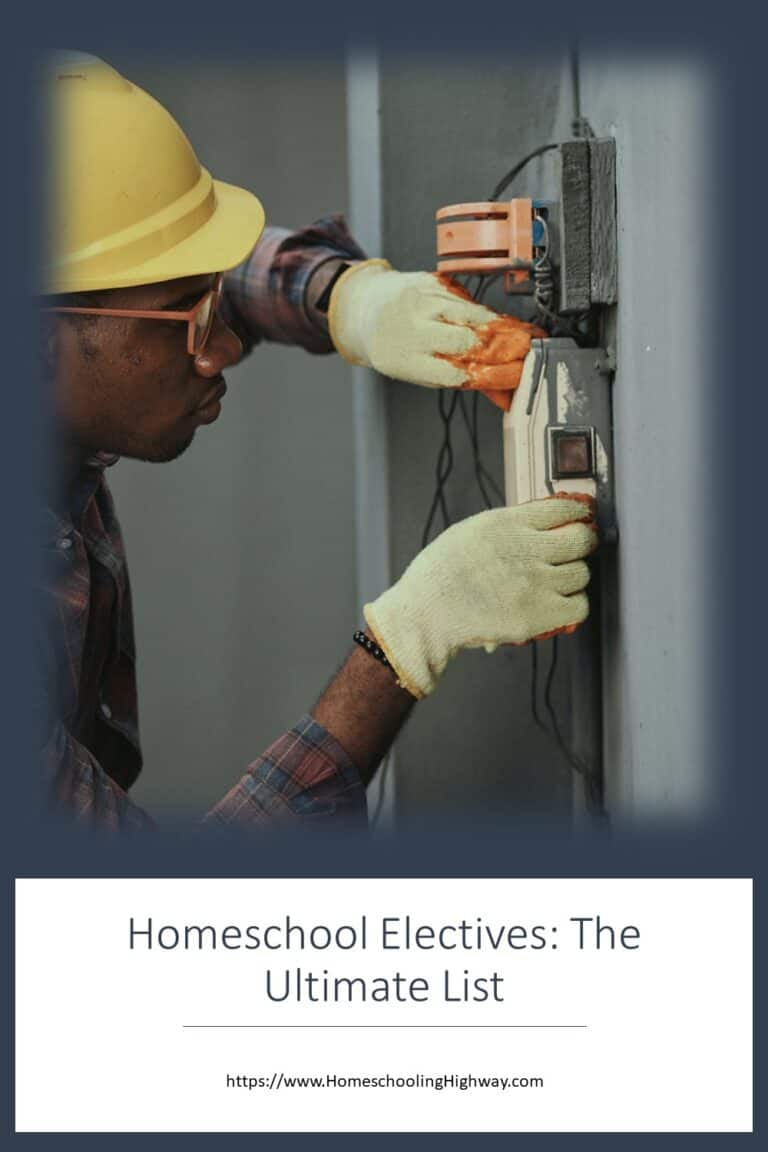
Rest is such a key element to health. And healthy kids learn so much better making the rest of it easier and more enjoyable. Rest is one of the biggest blessings for home education, in my opinion. My athlete teens, who take dance classes late into the evenings, really appreciate not having to get up at the crack of dawn for heading to a public school building.
Yes, Lori, I can imagine that they appreciate that fact of not having to get up so early. Although, if your kids are like mine, any time getting up is too early!
What a great explanation of reading! So much good information here. And, the book reports and rest, good reminders too. Thanks for continuing to link up each week! I really enjoy all the information you share!
Thank you, Desiree!